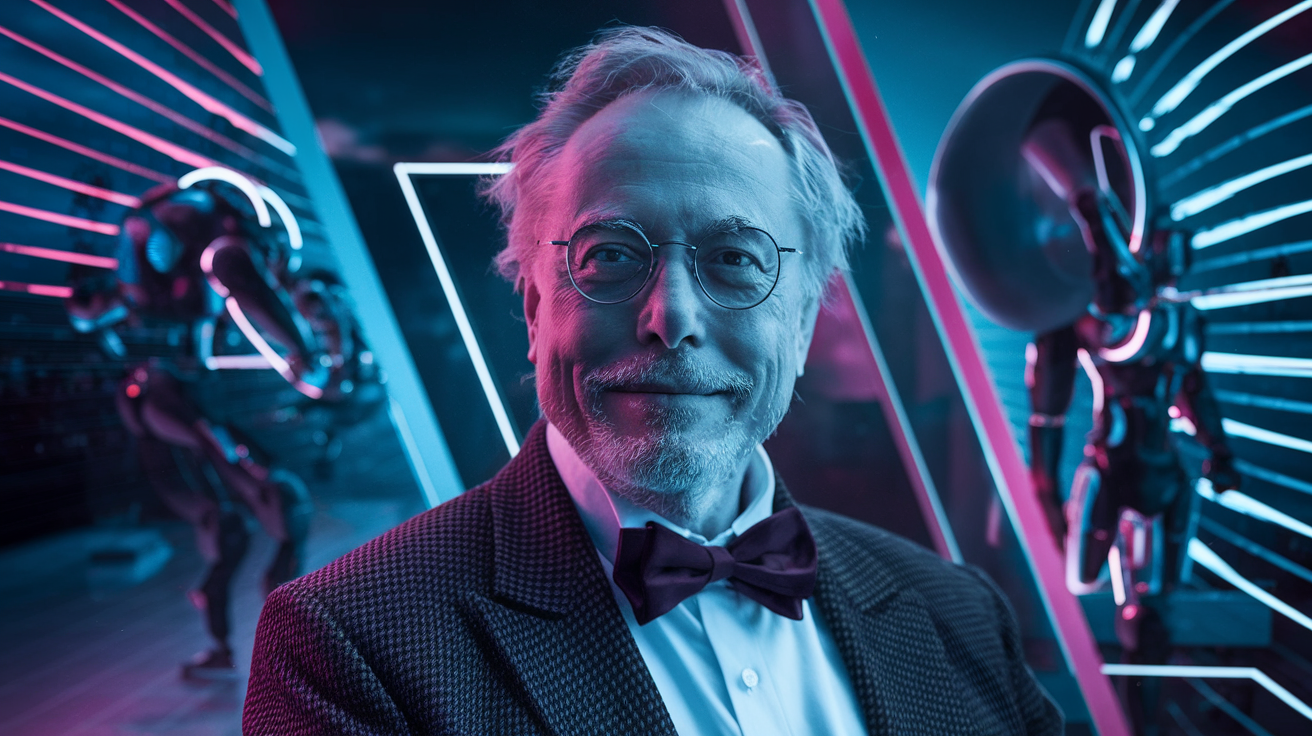

In the evolving landscape of artificial intelligence, a significant legal battle is taking shape. A pivotal player in this unfolding saga is none other than Geoffrey Hinton, a luminary in the realm of AI, who has expressed his unequivocal support for Elon Musk’s lawsuit aimed at preventing OpenAI from transitioning into a fully for-profit entity.
The lawsuit, which seeks a preliminary injunction against OpenAI's proposed corporate restructuring, finds support from a diverse and influential coalition. Most notably, Geoffrey Hinton, a Nobel and Turing awardee, known as the "godfather of AI," has aligned himself with Musk's cause. Additionally, the youth advocacy organization Encode has filed an amicus brief backing Musk's legal challenge, underscoring the widespread concern surrounding OpenAI's strategic shift.
“OpenAI was founded as an explicitly safety-focused non-profit and made a variety of safety-related promises in its charter,” said Hinton in a statement through Encode. “Allowing it to tear all of that up when it becomes inconvenient sends a very bad message to other actors in the ecosystem.”
OpenAI, currently structured as a for-profit company under a non-profit board, imposes certain limitations on its financial and operational activities. The announcement of its plans to become a full-fledged for-profit corporation has elicited both anticipation and apprehension across the AI community. The lawsuit, initiated by Elon Musk, challenges this prospect, arguing it could undermine the original safety-centric commitments upon which OpenAI was established.
The involvement of Encode, an organization representing youth interests globally, adds a significant dimension to the discussion. Their brief argues that transforming into a Delaware public benefit corporation contradicts OpenAI's public commitments of prioritizing safety over competition in developing artificial general intelligence.
“Today, a handful of companies are racing to develop and deploy transformative AI, internalizing the profits but externalizing the consequences to all of humanity,” stated Sneha Revanur, Encode’s president and founder. “The courts must intervene to ensure AI development serves the public interest.”
In response to the legal action, OpenAI has urged the court to dismiss Musk’s claims, describing them as an attempt to gain undue competitive leverage for his AI enterprise, xAI. The company has released emails and internal communications suggesting that Musk himself previously advocated for a for-profit model as early as 2017, further complicating the narrative.
The lawsuit and subsequent reactions highlight the ongoing tensions between ethical considerations and commercial interests in the AI sphere. As experts in automation, AI, and process mapping, Jengu.ai continues to monitor these developments closely, recognizing their potential impact on the future of AI governance and public trust.
```